Chinese envoy warns US tariffs risk repeating great depression mistakes
- Update Time : Tuesday, April 22, 2025
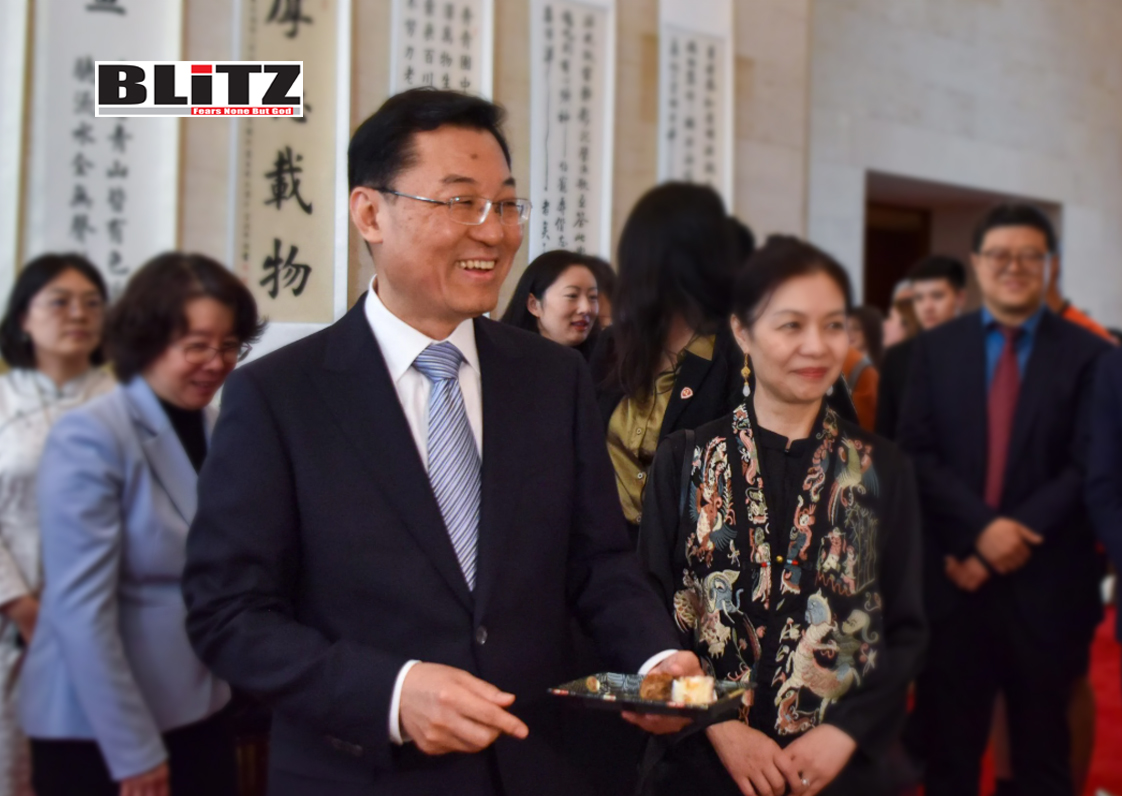
In a pointed and symbolic speech in Washington, China’s ambassador to the United States, Xie Feng, warned that escalating tariffs on Chinese goods risk repeating the economic catastrophes of the past, drawing a direct comparison to the infamous Smoot-Hawley Tariff Act that deepened the Great Depression of the 1930s. His remarks, delivered at a Traditional Chinese Medicine (TCM) event on April 19, underscore Beijing’s growing concern with the rising trade hostilities and the potential global consequences of America’s protectionist policies.
Amid the intensifying US-China trade war, Ambassador Xie invoked both historical and philosophical warnings, urging Washington to take a more balanced approach in its economic dealings with China. His speech reflected Beijing’s dual strategy: extending a hand of diplomacy while signaling readiness for retaliation.
The current trade standoff comes as part of a broader US campaign targeting dozens of countries with elevated tariffs. While most nations received a temporary 90-day reprieve from these tariffs, China was conspicuously excluded. The overall tariff burden on Chinese goods has now surged to an astonishing 145%, triggering a tit-for-tat response from Beijing. In retaliation, China has imposed 125% tariffs on imports of American products and restricted the export of critical minerals that are essential for the high-tech manufacturing sectors in the United States and beyond.
These minerals, including rare earth elements vital to the production of semiconductors, batteries, and electric vehicles, represent a strategic chokepoint in global supply chains. By curbing these exports, China is sending a clear message: it is prepared to use all economic levers at its disposal to resist Washington’s trade aggression.
Drawing parallels to the Smoot-Hawley Tariff Act of 1930, Ambassador Xie reminded the audience that protectionist measures in the early 20th century not only failed to revive the American economy but also triggered a global trade contraction that severely worsened the Great Depression.
“I believe many of you are familiar with how the Smoot-Hawley Tariff Act ultimately escalated the Great Depression,” Xie remarked. That legislation, intended to protect American farmers and manufacturers, raised tariffs on more than 20,000 imported goods. The result was retaliatory tariffs from US trading partners, a sharp drop in global trade, and the exacerbation of the economic crisis.
The ambassador’s comparison is not merely academic-it’s a veiled but sharp criticism of President Donald Trump’s aggressive tariff policies, which appear to be resuming amid his campaign trail rhetoric. The ambassador warned that repeating such isolationist economic strategies could upend today’s interconnected global economy in much the same way as they did nearly a century ago.
In a unique fusion of diplomacy and Eastern philosophy, Xie employed principles from traditional Chinese medicine to convey the need for equilibrium in international relations. “You can’t just treat a headache by just focusing on the head, or foot pain by only targeting the feet,” he said, referencing a core tenet of holistic medicine. “And you certainly shouldn’t prescribe medicine to others when you’re the one who’s sick.”
This metaphor served as a subtle critique of US economic policy, suggesting that domestic issues in the American economy-such as inflation, labor disruptions, and supply chain inefficiencies-should not be blamed on China or other foreign actors. Instead, he called for systemic introspection and genuine cooperation.
At the heart of Xie’s address was a plea for balance-both in economic policy and in diplomatic relations. Referring to the Taoist concept of yin and yang, he advocated for harmony rather than confrontation between the world’s two largest economies. “We must support each other’s success instead of falling into a lose-lose scenario,” he said.
Xie emphasized that China does not want a trade war, but is fully prepared to retaliate if necessary. His comments align with Beijing’s longstanding position that tariffs are harmful not only to bilateral relations but to global economic stability. Still, he acknowledged that while dialogue is preferable, China will not remain passive if provoked.
The warning comes at a delicate moment. Despite the escalating tariff policies, President Trump stated last week that the US is engaged in “nice conversations” with Chinese officials. “It’s, like, really very good,” he said, in typically upbeat fashion.
Yet these casual remarks appear disconnected from the reality on the ground, where economic tensions are mounting, and tariffs are being ratcheted up with potentially far-reaching consequences.
The broader implications of this trade conflict extend far beyond the United States and China. The two nations together account for over a third of global GDP and are central players in supply chains across industries-from electronics to agriculture. As tariffs rise and trade barriers solidify, multinational corporations and developing economies alike could find themselves caught in the crossfire.
Economists warn that a prolonged tariff war could stifle global growth, increase consumer prices, and undermine investor confidence. The timing is particularly troubling, as many nations are still recovering from the economic shocks of the COVID-19 pandemic and facing new uncertainties due to geopolitical instability in Eastern Europe and the Middle East.
Ambassador Xie’s remarks serve as a stark reminder of the high stakes involved in US-China economic relations. His speech combined ancient Chinese wisdom with urgent geopolitical realities, cautioning against protectionism and advocating for strategic balance and mutual respect.
As Washington considers its next moves, it would do well to heed the lessons of the past-and the warnings of the present. A return to tariff brinkmanship may satisfy political narratives in the short term, but history suggests that such actions come at a steep price. In an era of global interdependence, isolationist economic policies could once again sow the seeds of economic turmoil-just as they did in the 1930s.


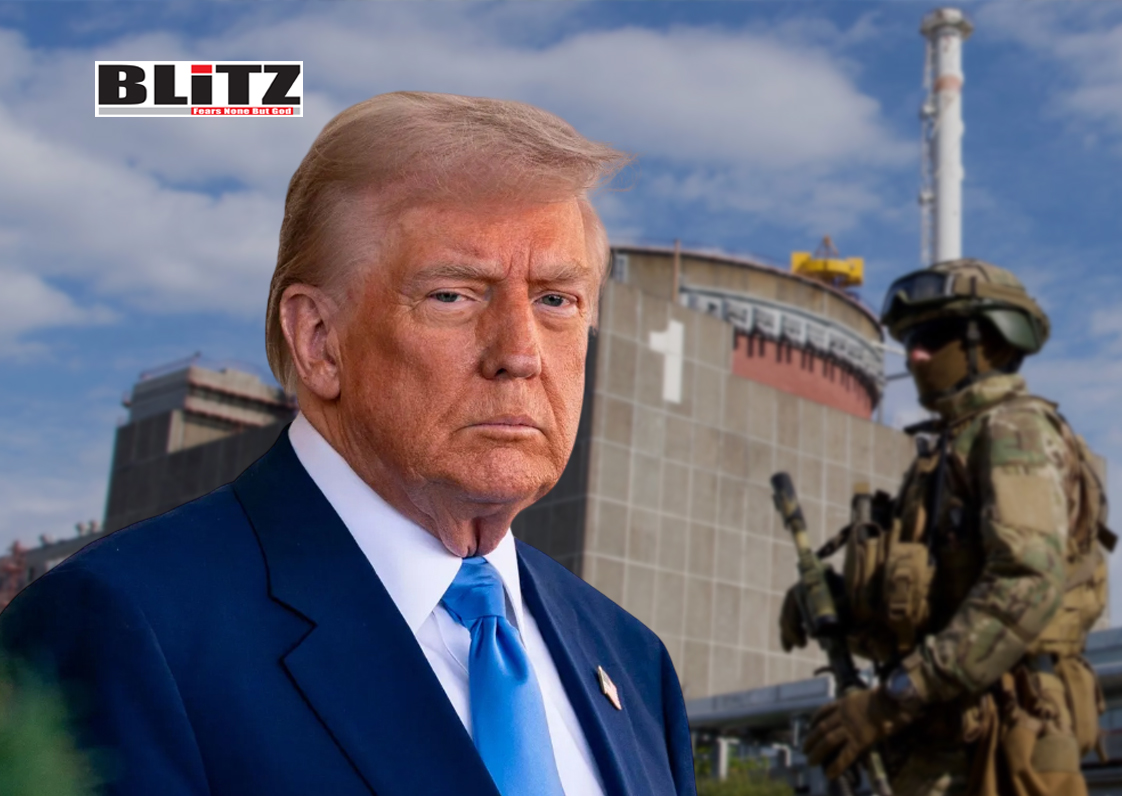
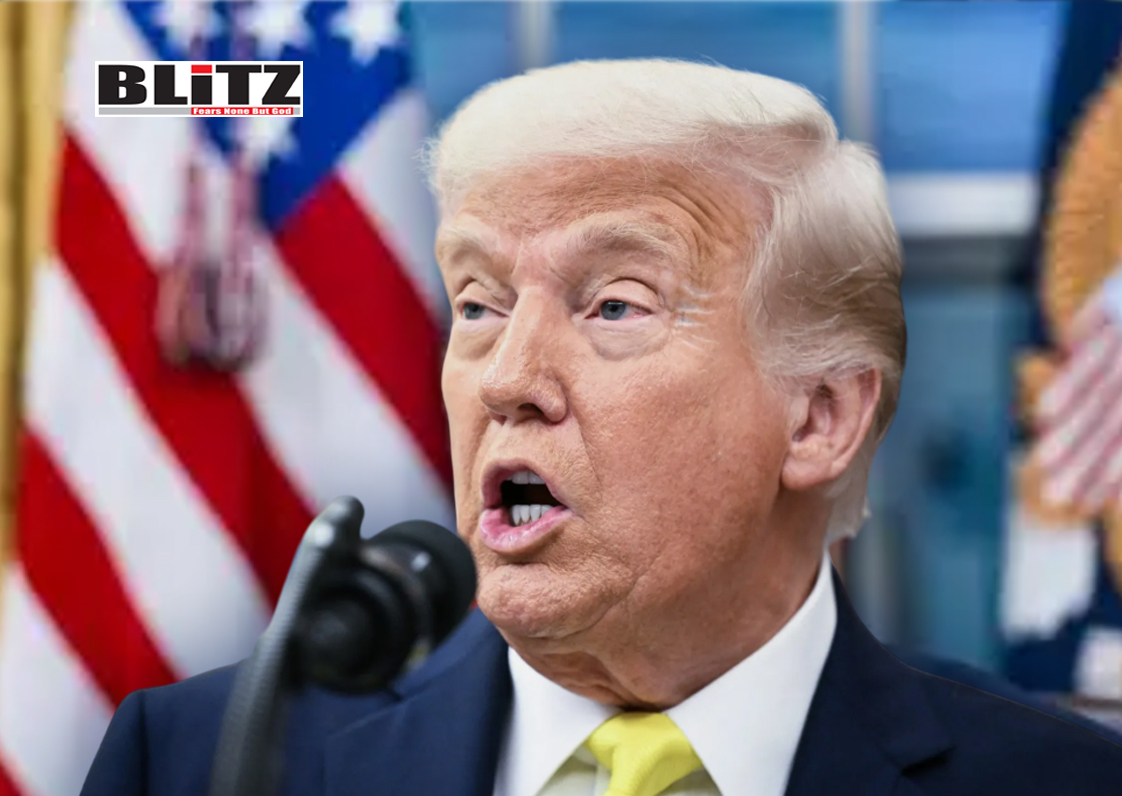

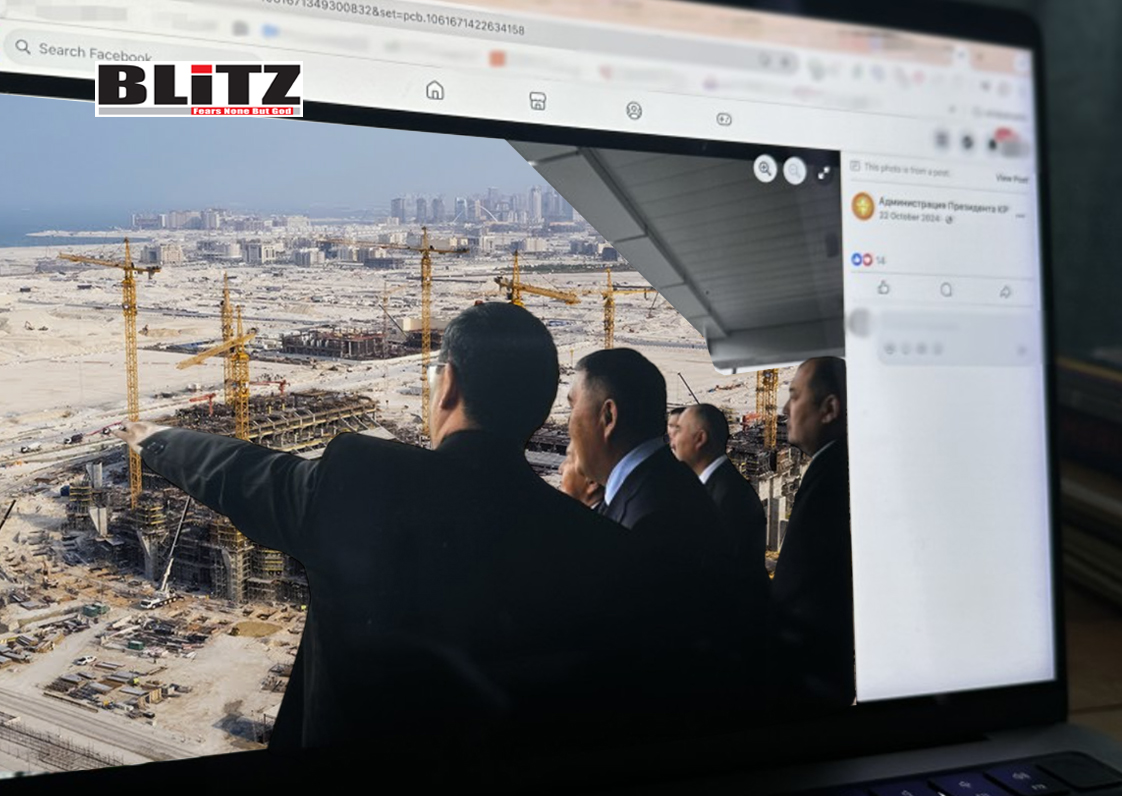

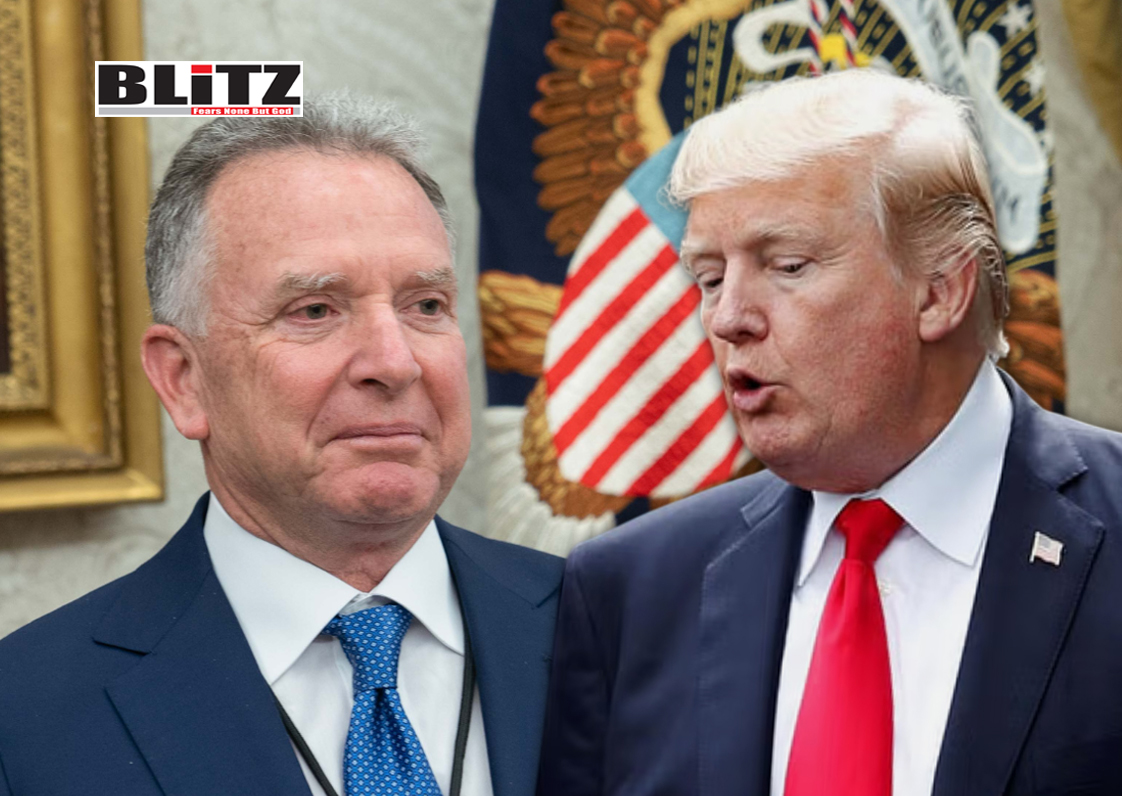
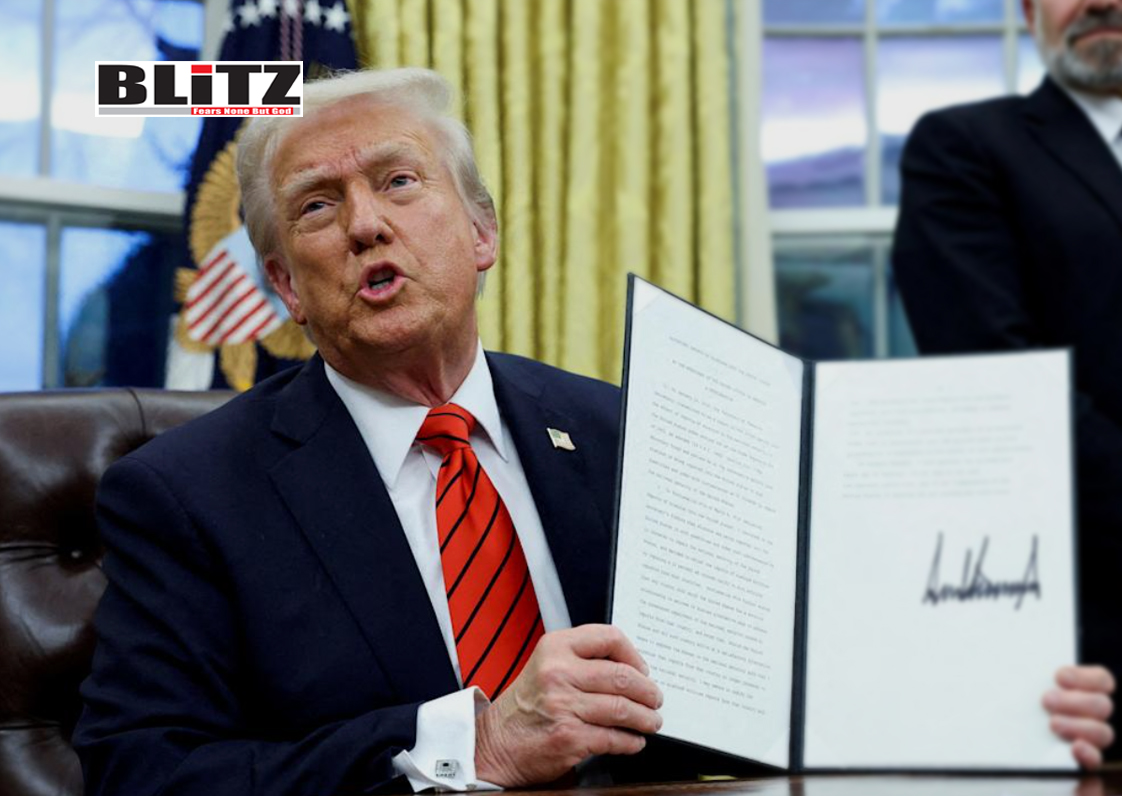

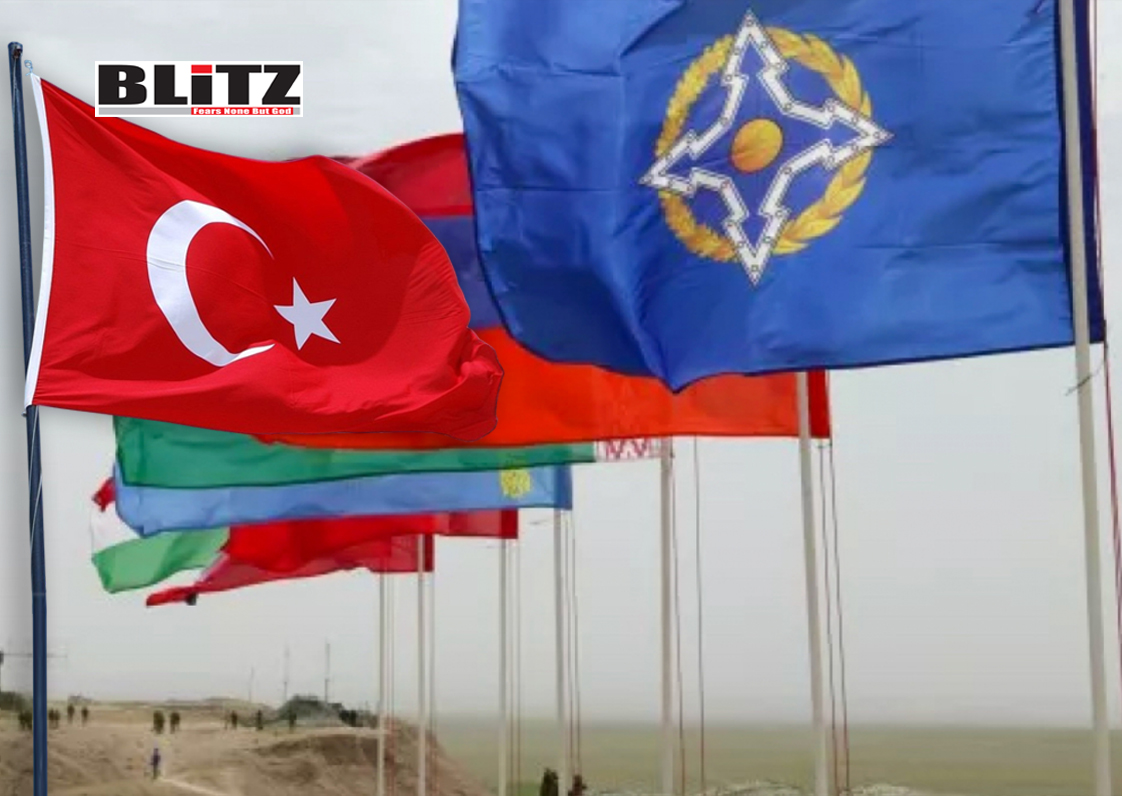
Leave a Reply